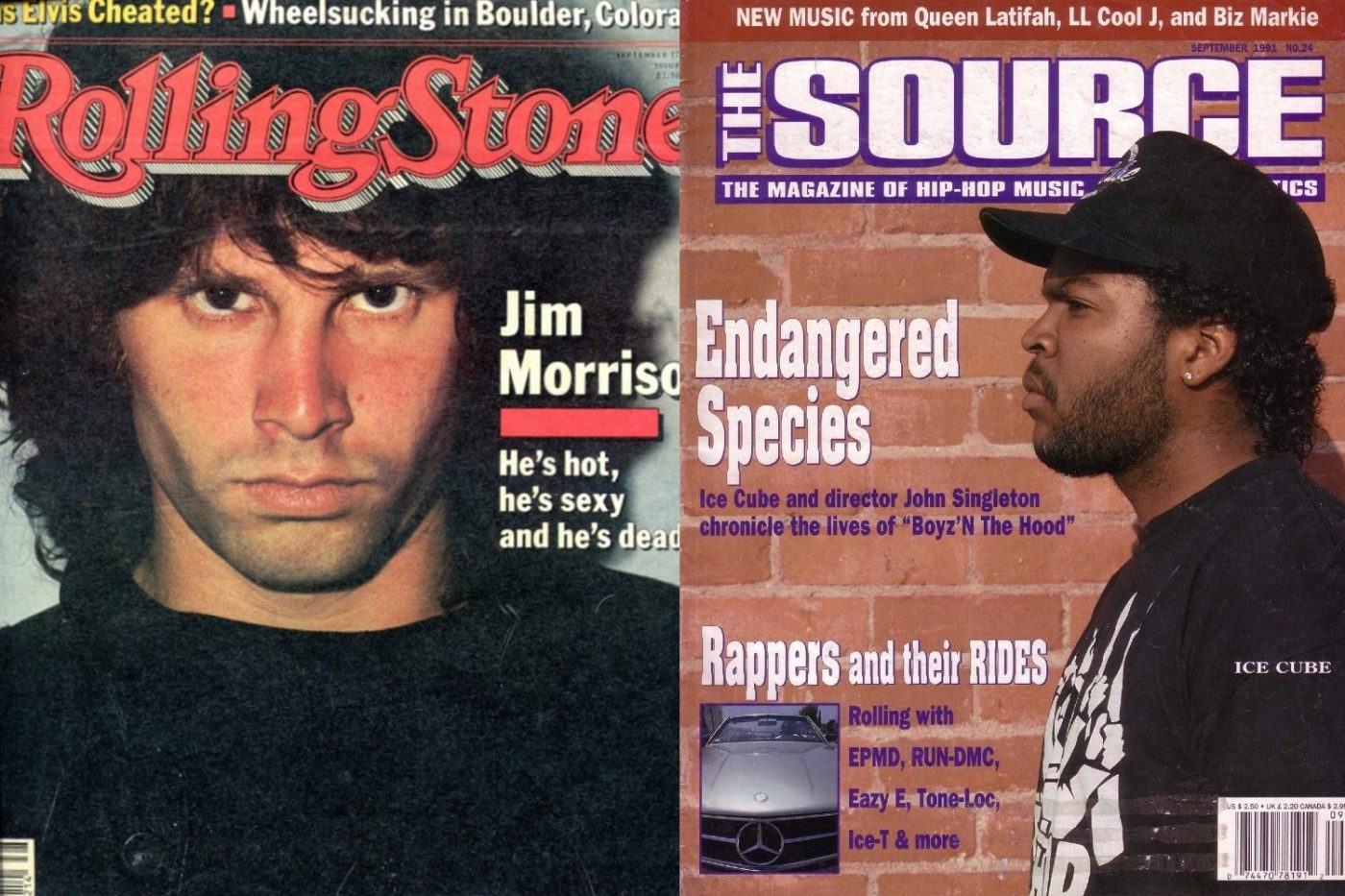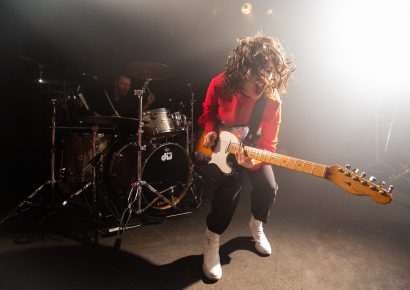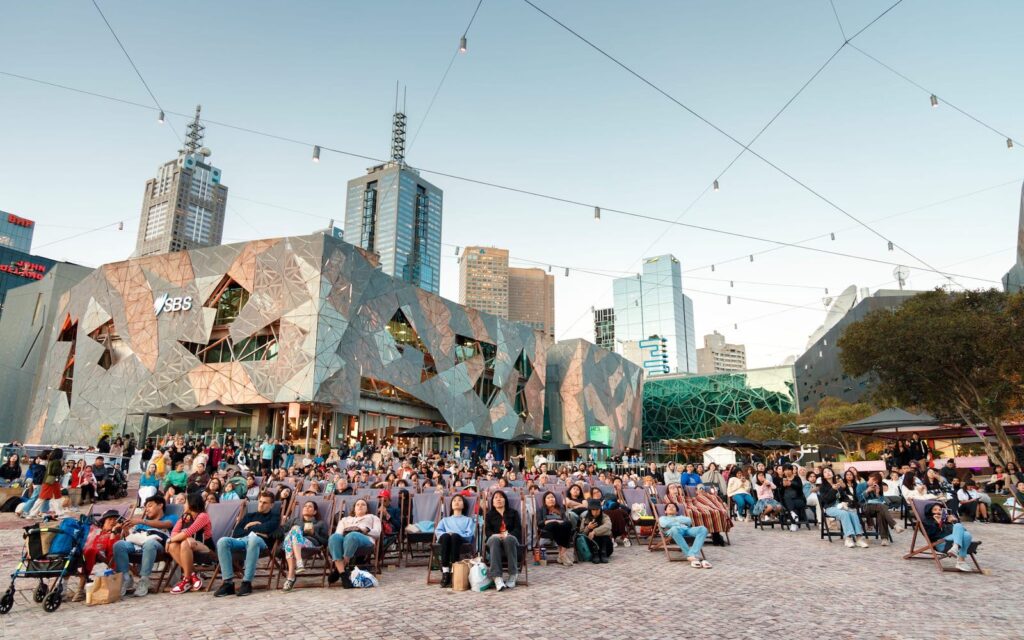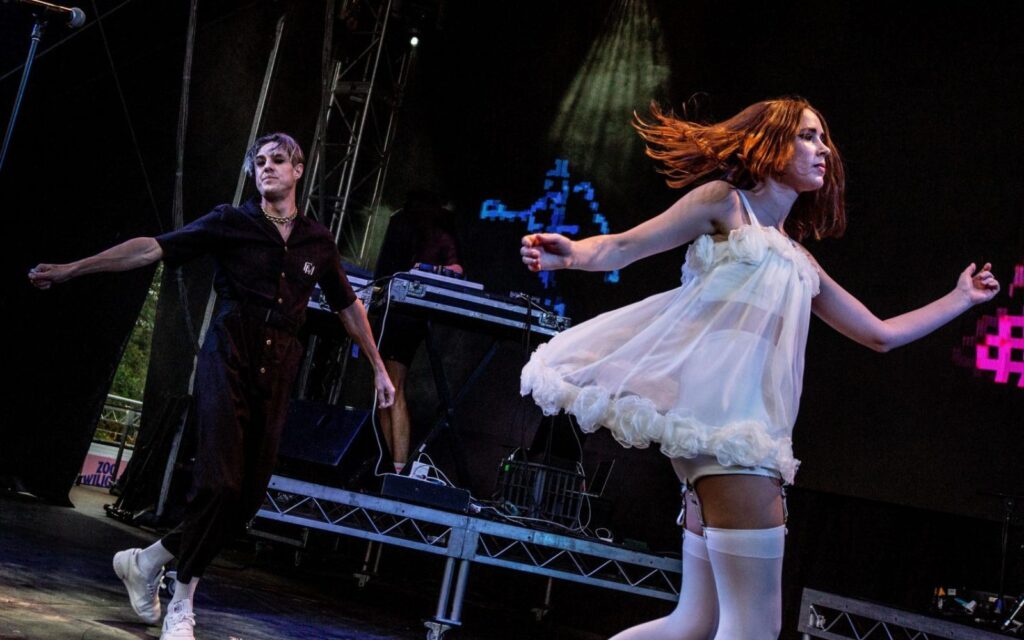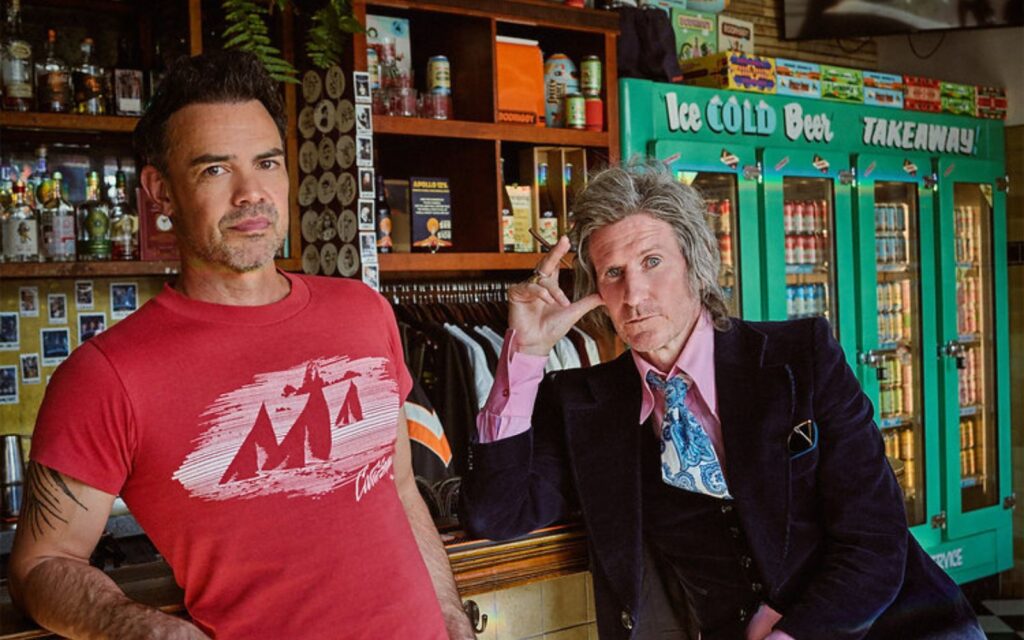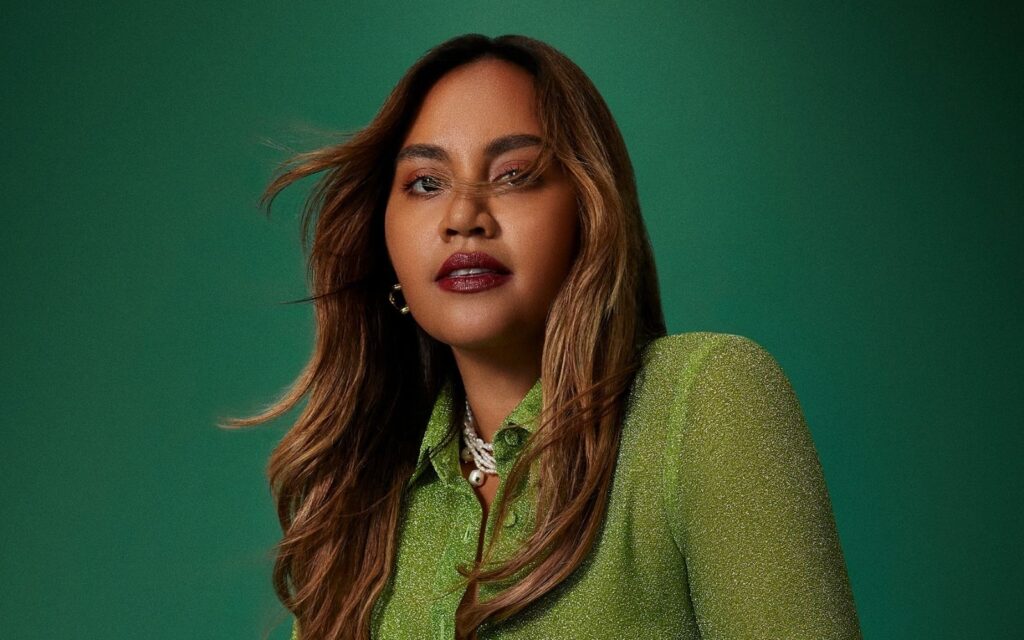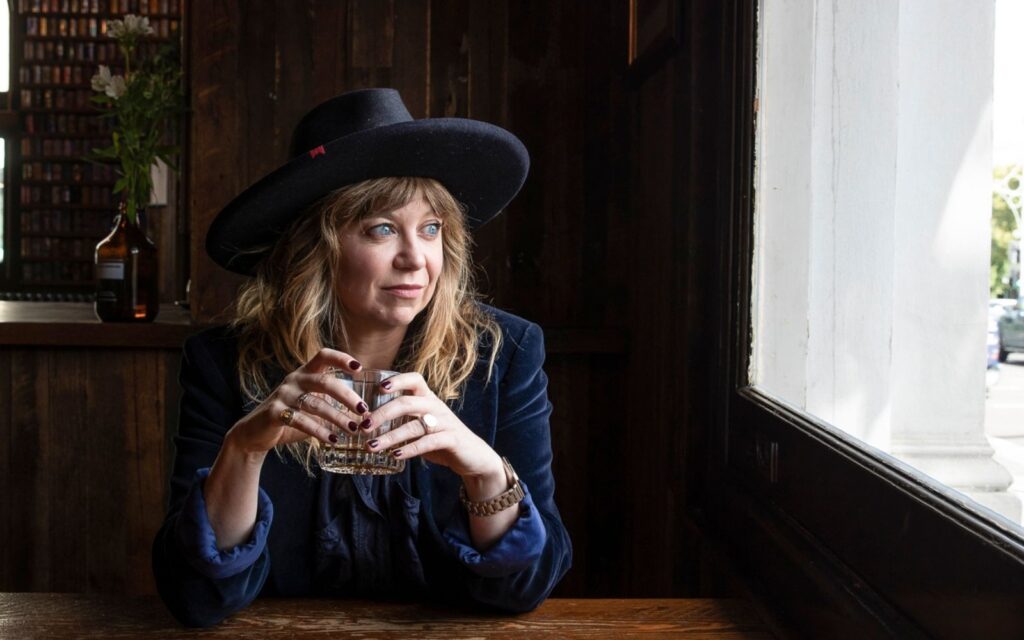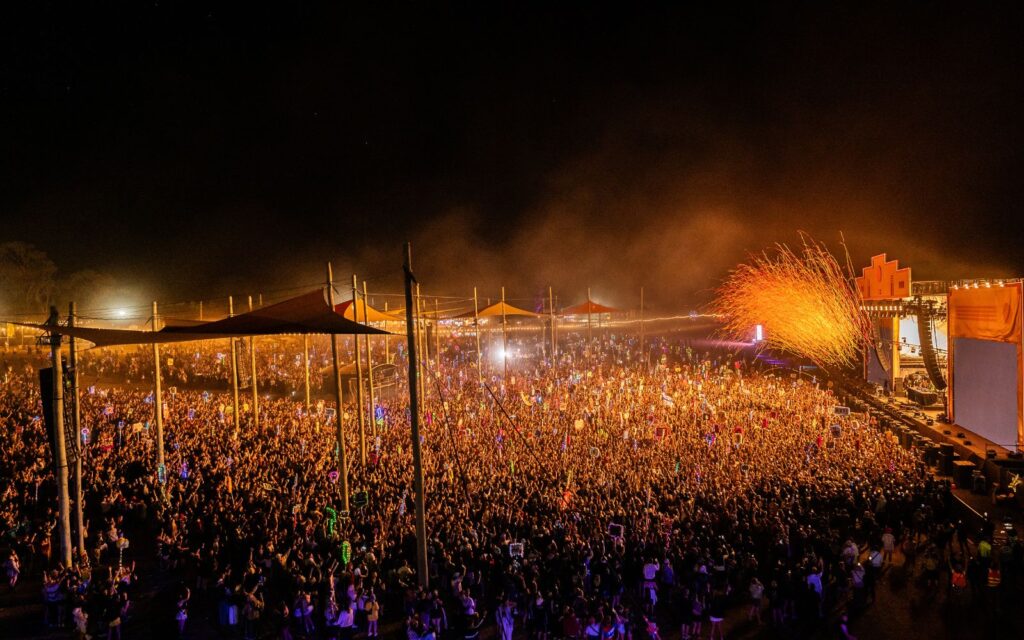A window into the value of music journalism.
Eve Barlow has interviewed some of the world’s biggest stars including Billie Eilish, Liam Gallagher and The 1975. But now, we turn the mic to Eve to ask her about the future of music journalism.
Barlow is a Glaswegien music journalist currently based in LA, having built her career as a tastemaker and music critic. She is adamant that journalism – specifically arts criticism – is a much-needed medium, despite worrying projections of the future of journalism.
“People need press; people need media. And I’ve just been disappointed by, you know, a lot of older journalists who are having a tantrum on Twitter about the end of days.”
In mid-May, Barlow posted to Twitter, “If you’re a young journalist, student, graduate, etc, please know that journalists freaking out about the end of media days is nothing new. It’s bad right now yes. But keep writing, please”.
“I posted [that tweet] because I got really angry … I feel as though it’s up to the older generations to be leaders in the space and to fight for our industry.
“I just want graduates and young journalists – people entering the field right now – just to know that this is exactly the same conversation that was being had ten, twelve, however many years ago, when I was trying to become a journalist.”
I must have written this leaving glastonbury last year and now I’m v emotional. pic.twitter.com/QOvVH4bV0S
— eve barlow (@Eve_Barlow) June 23, 2020
Barlow says the slow acceptance of web media in the print circuit contributed to the discouragement she felt.
“Maybe what I represented … was the kind of, the elephant in the room that they didn’t want to pay attention to; you know, the younger millennial generation who grew up online.”
“I can see it happening again,” Barlow continues. “[When I was starting out in journalism], I always had my Twitter page open and I would sit there all day – I’m talking about like 2010 to 2012-ish … firing off all of my opinions about new music.
“I was a tastemaker quite early on and, you know, but people didn’t really lend me the gravitas, or like the authority … The only way that I could promote my voice was on Twitter.”
Barlow says she remembers getting her first job as a deputy editor, “because of Twitter; because I was making a name for myself on a platform that was new and that was scary to traditional media.”
Barlow says young journalists should lean into the new world and into new directions in order to maintain a viable career path in journalism. She is also assured that while mediums might change, the need for journalism will always remain.
“As human beings, we actually don’t digress that much,” Barlow says. “We really don’t. There are certain things that we always need.
“You know, there’s always going to be a place for real storytelling. It’s just about where it exists, what the access is going to look like and how people are going to accrue value to it because it is valuable.
“I think in order to justify the price tag, people are going to want better quality [journalism]. So much of music media [now] revolves around breaking news stories about festival lineups, tours, and then … reactive reportage to whatever was going on in the live circuit.”
Barlow says music journalism needs to find a new modus operandi, similar to the type of music journalism that existed in the ’80s and ’90s, “where you had unparalleled access to someone”.
“There was more storytelling going on. It was more like going on the road with a band and seeing the world through that perspective. [There were] a lot more trend pieces or cultural commentary or birds-eye oversight into things.
“And then obviously the access to an artist was more generous when it came, so you could publish these huge conversations with people.”
Barlow says the depth in that kind of music journalism shows, “because you actually get to really get into it with people”.
And when it comes to press junkets and short interviews, it doesn’t result in good journalism.
“Music journalism is not the limb jutting out of the PR desk in the record label – we are an independent entity,” Barlow concludes. “Journalism has to be integrity driven.”
Never miss a story. Sign up to Beat’s newsletter and you’ll be served fresh music, arts, food and culture stories five times a week.
